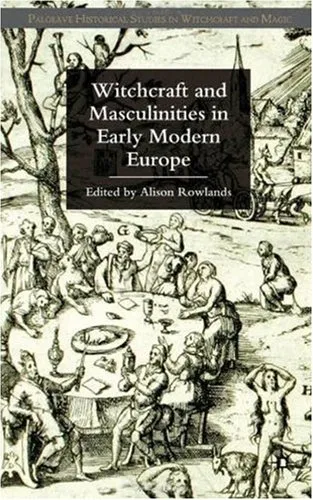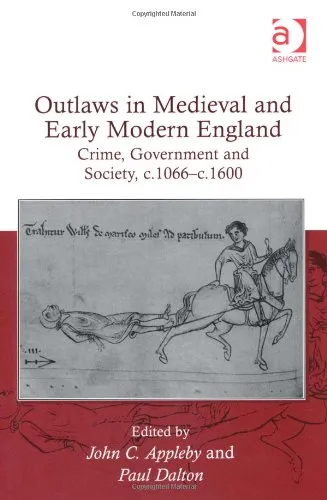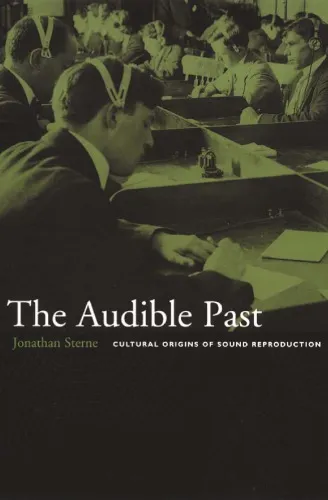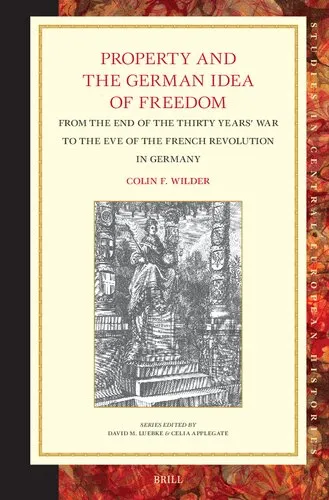A Feeling of Belonging: Asian American Women's Public Culture, 1930-1960
4.7
Reviews from our users

You Can Ask your questions from this book's AI after Login
Each download or ask from book AI costs 2 points. To earn more free points, please visit the Points Guide Page and complete some valuable actions.Related Refrences:
Introduction to "A Feeling of Belonging: Asian American Women's Public Culture, 1930-1960"
"A Feeling of Belonging: Asian American Women's Public Culture, 1930-1960" is an in-depth exploration of the public culture created and shaped by Asian American women during a transformative period in American history. This book uncovers the cultural, political, and personal contributions of Asian American women to society, revealing their role in reshaping public identities, narratives, and collective memory. By focusing on the period between 1930 and 1960, the text captures a crucial historical context when systemic barriers and racialized sexism sought to marginalize these women, yet their voices persevered through literature, art, activism, and community-building efforts.
Through meticulous research, "A Feeling of Belonging" sheds light on how Asian American women used their creativity and resilience to challenge dominant ideologies, create inclusive narratives, and foster solidarity within their communities. This study not only enriches our understanding of Asian American history but also provides insights into the intersection of race, gender, and national identity in public culture.
Detailed Summary of the Book
"A Feeling of Belonging" examines the lives and legacies of Asian American women in a period often overlooked in American cultural history. From the 1930s through the 1960s, Asian American women worked within and beyond the constraints of exclusionary laws, restrictive gender roles, and racial discrimination. Their participation in public culture—through art forms, activism, and storytelling—played a crucial role in dismantling stereotypes and redefining representation of both Asian Americans and women in U.S. society.
The book explores key figures and organizations that exemplified this cultural growth. It highlights personal writings, community theater performances, and political activism as mediums through which Asian American women voiced their experiences and contributed to the greater discourses of race and gender equality. By situating their efforts within the larger socio-cultural framework, the book argues that their initiatives were essential to both Asian American identity formation and the cultivation of public belonging.
Moreover, the book emphasizes the interconnectivity between personal experiences and collective action. It demonstrates how Asian American women's work in public culture became a vital component of challenging systemic oppression and fostering a critical space for dialogue, creativity, and empowerment in mid-20th-century America.
Key Takeaways
- The importance of public culture in shaping identity and resisting marginalization.
- How Asian American women contributed to the arts, activism, and literature during a period of intense racial and gender inequality.
- The role of creativity and resilience in overcoming systemic barriers and fostering community belonging.
- An understanding of intersectionality as it relates to race, gender, and cultural representation.
- A historical recontextualization of Asian American women's voices and their enduring influence on public consciousness.
Famous Quotes from the Book
Selected quotes highlighting the themes of belonging, resistance, and creativity:
"The act of making oneself visible in a world determined to invisibilize you is, in itself, a profound form of resistance."
"Asian American women’s contributions to public culture were not only feats of creativity but declarations of existence and agency."
"Belonging is not simply given—it is constructed, fought for, and sustained through shared struggle and expression."
Why This Book Matters
"A Feeling of Belonging: Asian American Women's Public Culture, 1930-1960" is more than a historical account; it is a powerful argument for the necessity of inclusivity in our cultural narratives. By centering the voices and experiences of Asian American women who are often overlooked, the book provides an essential corrective to traditional histories dominated by homogeneity and exclusion.
In an era where discussions about race and gender equity remain as relevant as ever, the book offers timeless lessons about resilience, creativity, and solidarity. It invites us to reexamine our perceptions of belonging and pushes us to envision a society where everyone has a voice in the public sphere. Above all, it celebrates the unyielding spirit of Asian American women who have, against all odds, refused to be silenced.
This book is a vital resource for students, scholars, and general readers interested in Asian American studies, women’s history, and mid-20th-century cultural developments. It provides rich insights into the transformative power of art, storytelling, and communal presence, offering readers a broader understanding of what it means to belong in America.
Free Direct Download
You Can Download this book after Login
Accessing books through legal platforms and public libraries not only supports the rights of authors and publishers but also contributes to the sustainability of reading culture. Before downloading, please take a moment to consider these options.
Find this book on other platforms:
WorldCat helps you find books in libraries worldwide.
See ratings, reviews, and discussions on Goodreads.
Find and buy rare or used books on AbeBooks.
1403
بازدید4.7
امتیاز0
نظر98%
رضایتReviews:
4.7
Based on 0 users review
Questions & Answers
Ask questions about this book or help others by answering
No questions yet. Be the first to ask!
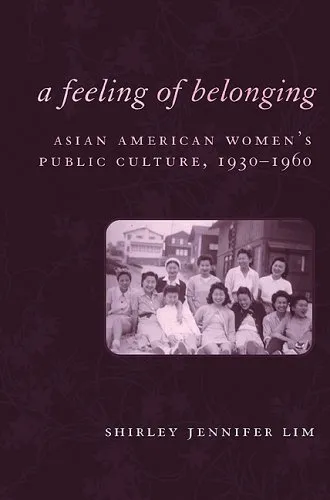
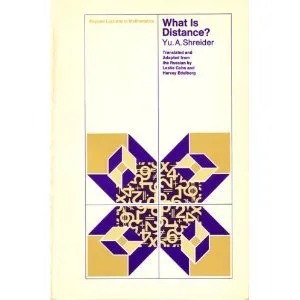
![Mathematics and Its History [FIXED]](https://s3.refhub.ir/images/thumb/Mathematics_and_Its_History__FIXED_29231.webp)
